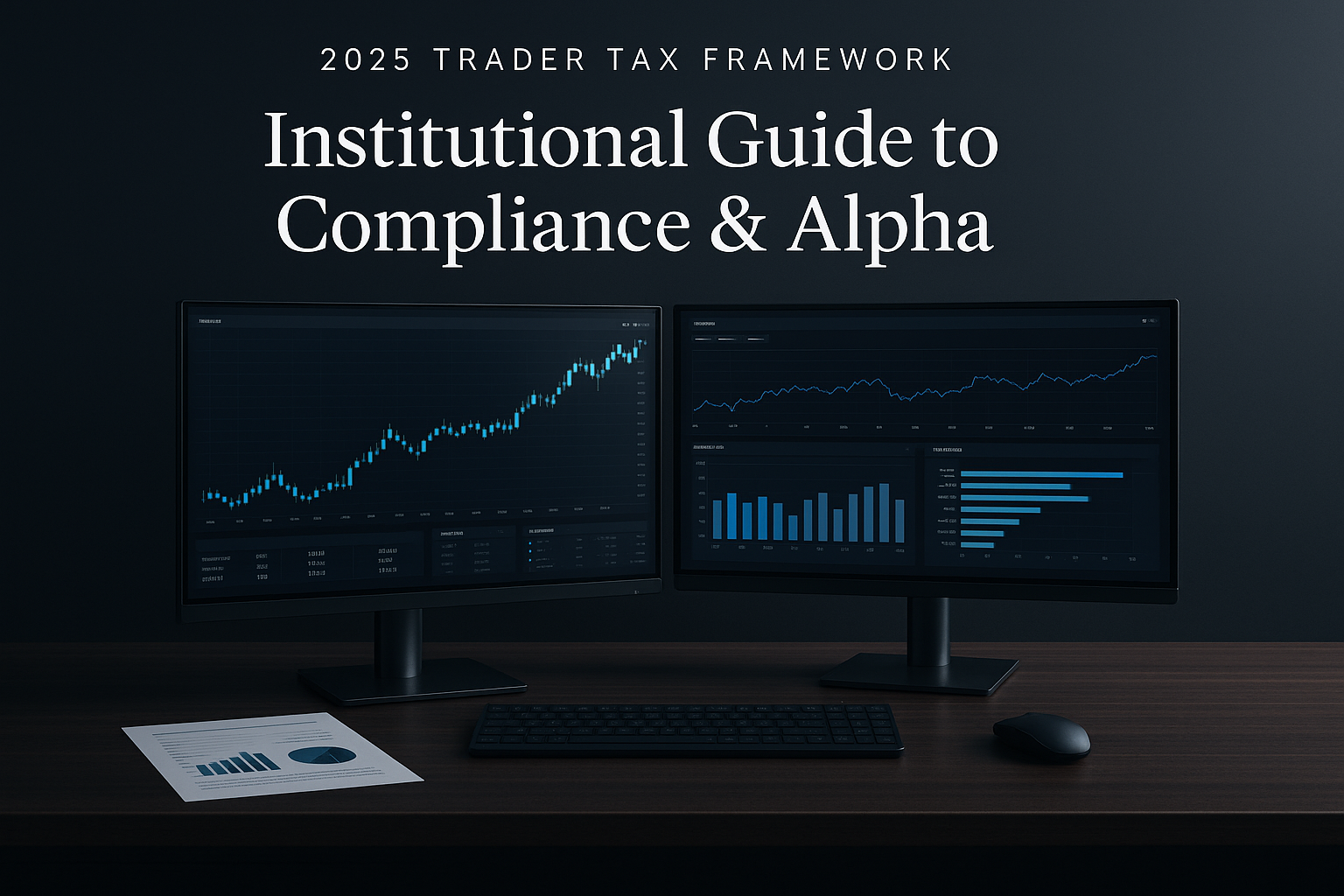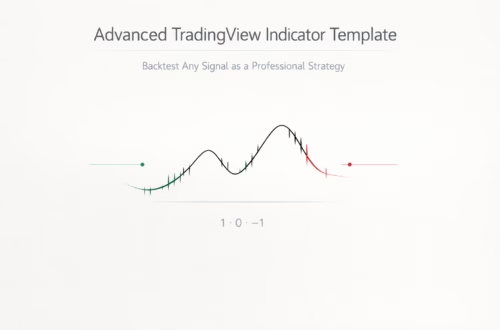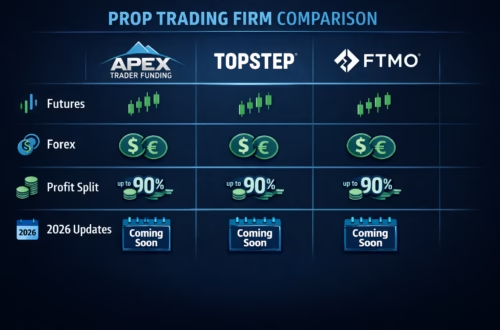Yo, traders! Let’s talk about something that’s not as exciting as a winning trade but just as important—US income taxes. I get it, taxes sound like a snooze fest, but trust me, figuring this out can save you serious cash and keep the IRS off your back. In this Trader Tax Guide 2025, we’ll cover the must-knows: how you’re taxed, what you can deduct, and more. Plus, I’ve lined up some YouTube videos to break it down even further.
What’s a Trader, Anyway?
First things first: what does the IRS mean by “trader”? If you’re actively buying and selling stocks, options, or other securities to capture short-term profits—and it’s your primary income source—you’re a trader in their eyes. Unlike investors who hold long-term, traders are in and out quickly. That distinction matters big time for tax purposes.
Trader vs. Investor: The Tax Difference
Here’s where it gets interesting. Traders can elect mark-to-market accounting (Section 475). This lets your trading gains and losses be treated as ordinary income instead of capital gains. Why does that matter? Because you can deduct unlimited trading losses against other income sources. Meanwhile, investors are limited to a $3,000 capital loss per year.

Summary:
- Traders: Ordinary income tax, unlimited loss deductions
- Investors: Capital gains tax, limited loss deduction
What Can Traders Deduct?
If the IRS classifies you as a trader, you can deduct many trading-related expenses—just like a business.
Top Deductions:
- Commissions and fees
- Software and data platforms (like TradingView or Bookmap)
- Home office expenses
- Education and training
- Hardware (computers, monitors, etc.)
Example: If you pay $150/month for charting tools, that’s $1,800/year you can deduct.
Filing Your Taxes as a Trader
Key IRS Forms:
- Schedule C (Form 1040): Report income and expenses like a sole proprietor
- Form 4797: If using mark-to-market accounting
- Form 3115: If switching to mark-to-market (must file on time!)
Keep organized records of trades, expenses, and election deadlines.
Tax Tips to Maximize Savings
- Track Everything: Every expense and trade.
- Understand Your Strategy: Day trading, swing trading, and scalping have different tax impacts.
- Hire a Specialist: A tax pro familiar with trading can save you thousands.
Example: Forgetting to record a $500 trading loss could raise your tax bill unnecessarily.
Wrapping It Up
Navigating taxes as a trader might feel like walking through a minefield—but with the right knowledge, you’ve got a clear map. This Trader Tax Guide 2025 gives you the fundamentals to file smart and save money. Tax laws can change, so always consult the latest IRS guidance or a tax professional.
Updated as of May 22, 2025
Sources & Resources
- IRS Publication 550: Investment Income and Expenses
- Internal Revenue Code Section 475: Mark-to-Market Accounting
- IRS Topic No. 429: Traders in Securities
- IRS Form 4797 – Sales of Business Property
- IRS Schedule C (Form 1040) – Profit or Loss From Business
- IRS Publication 587 – Business Use of Your Home
- YouTube: Trader Tax 101 – Tax Tips for Traders






Great breakdown of the trader vs investor tax differences! Mark-to-market is such a useful tool for managing losses, especially when you’re having a rough trading year. It’s surprising how many traders miss out on these options because taxes can be such a headache.